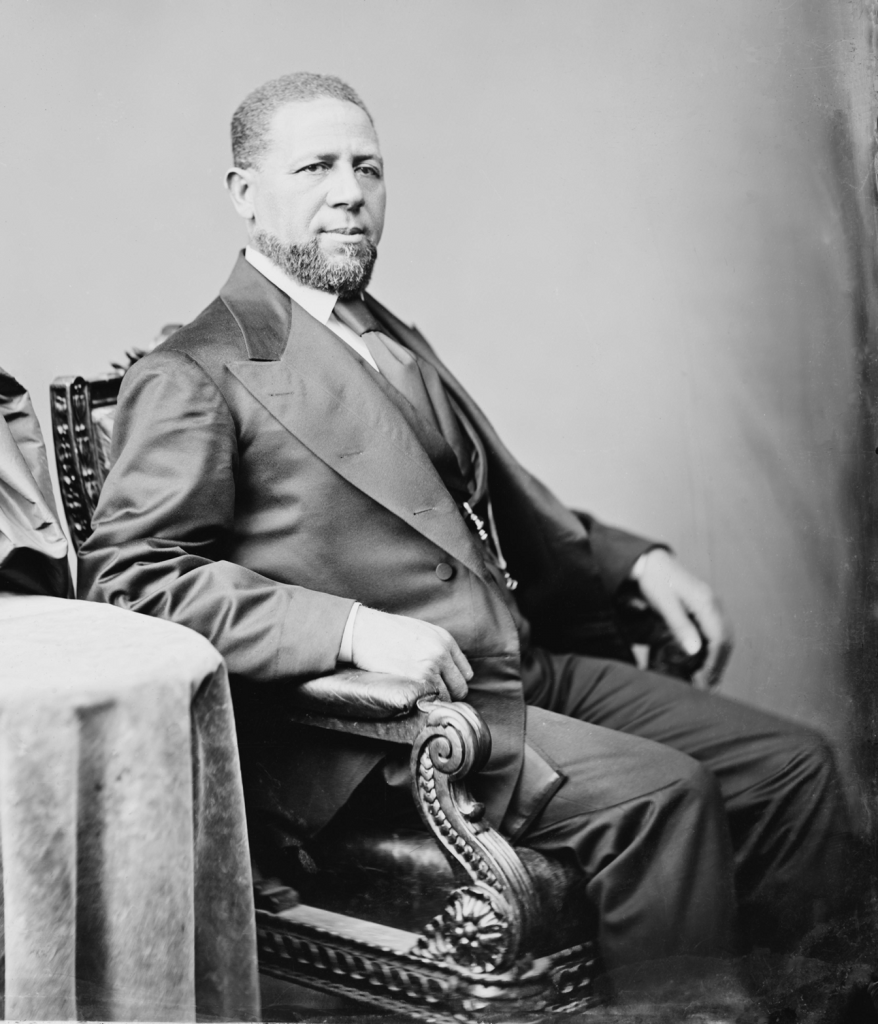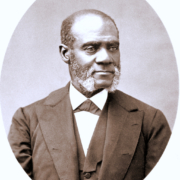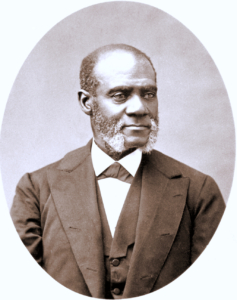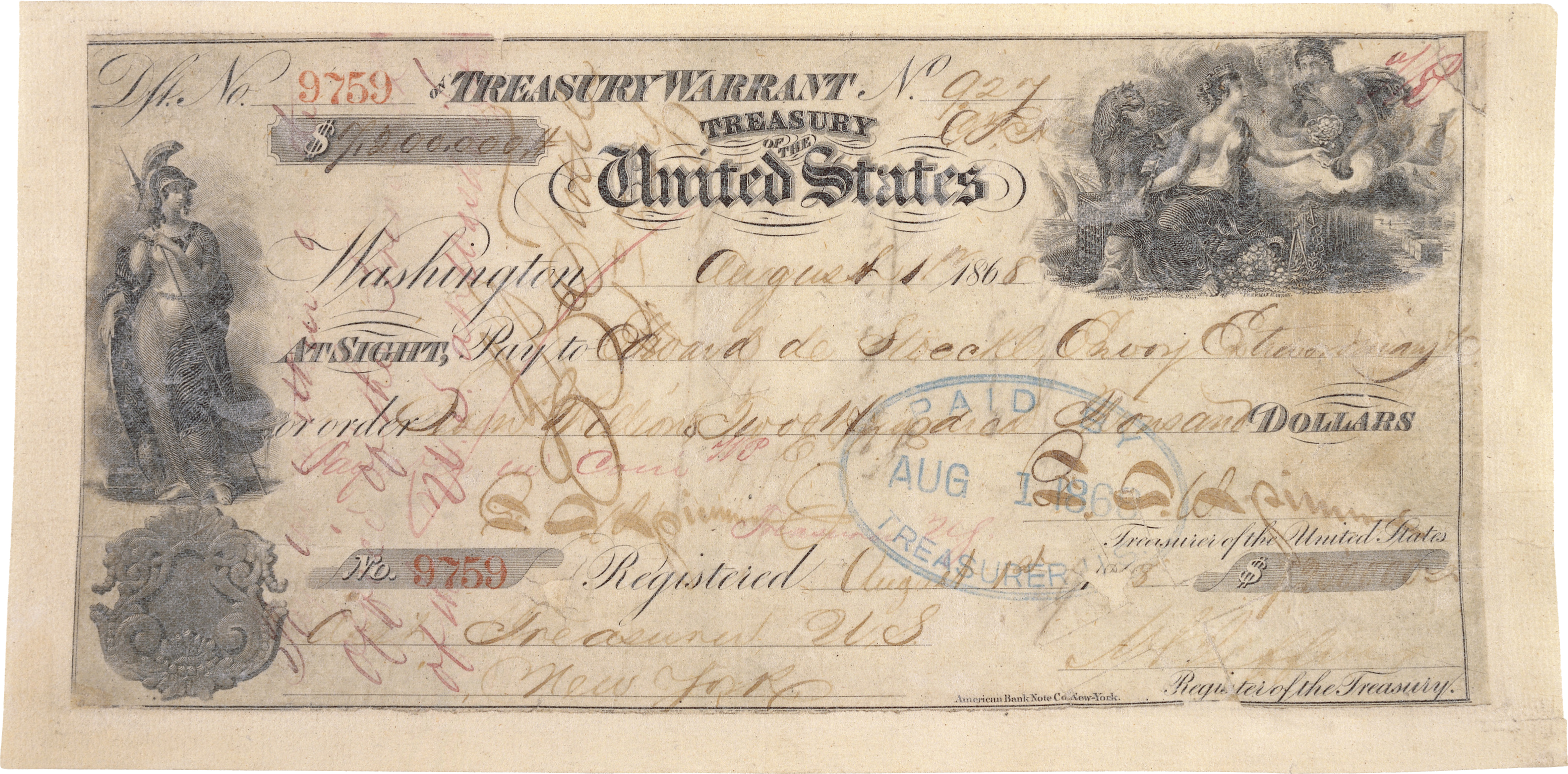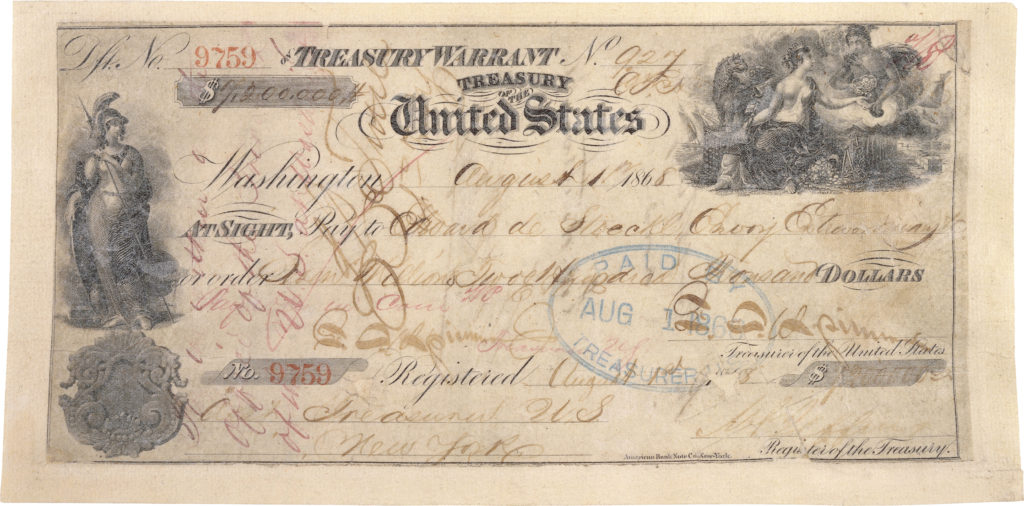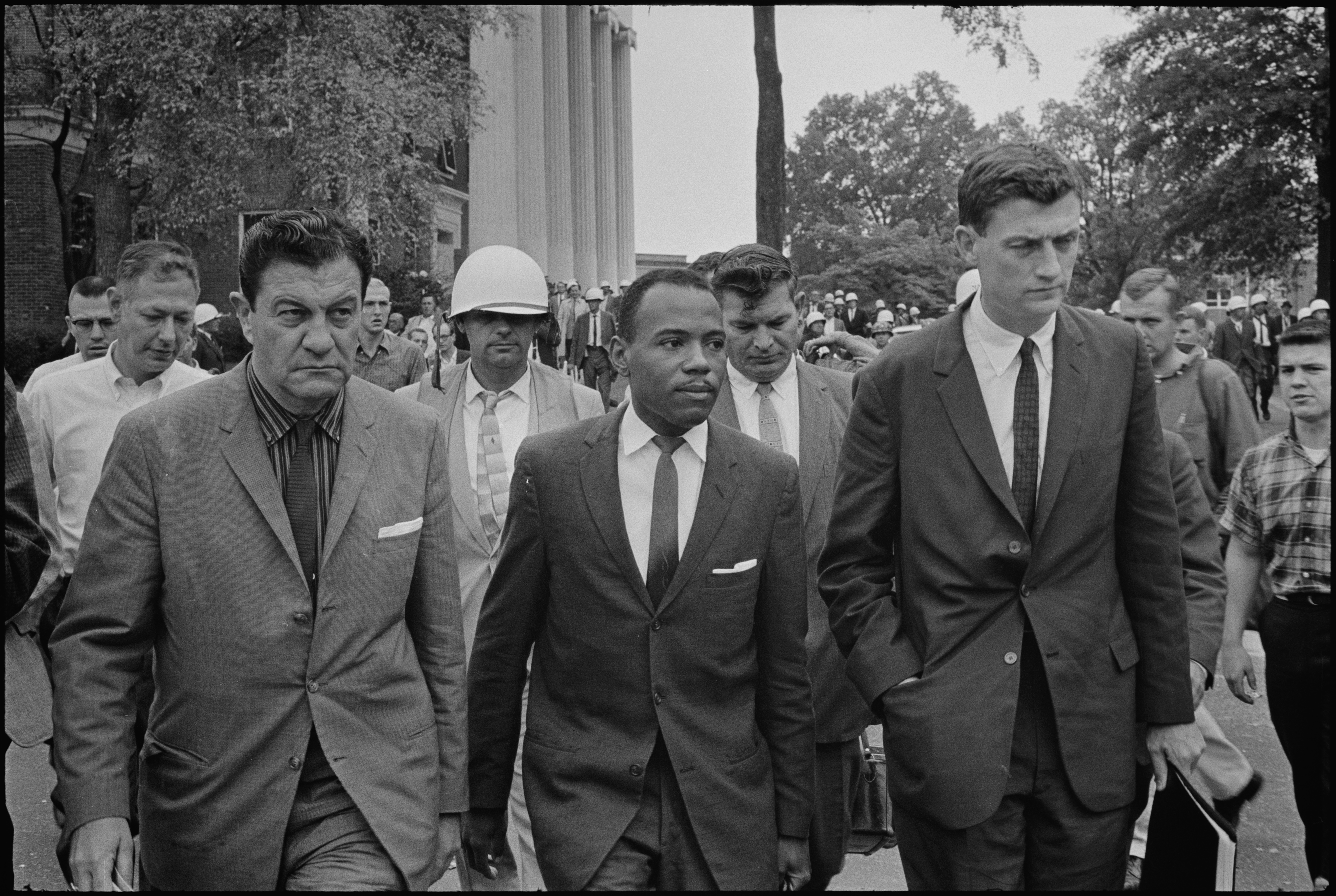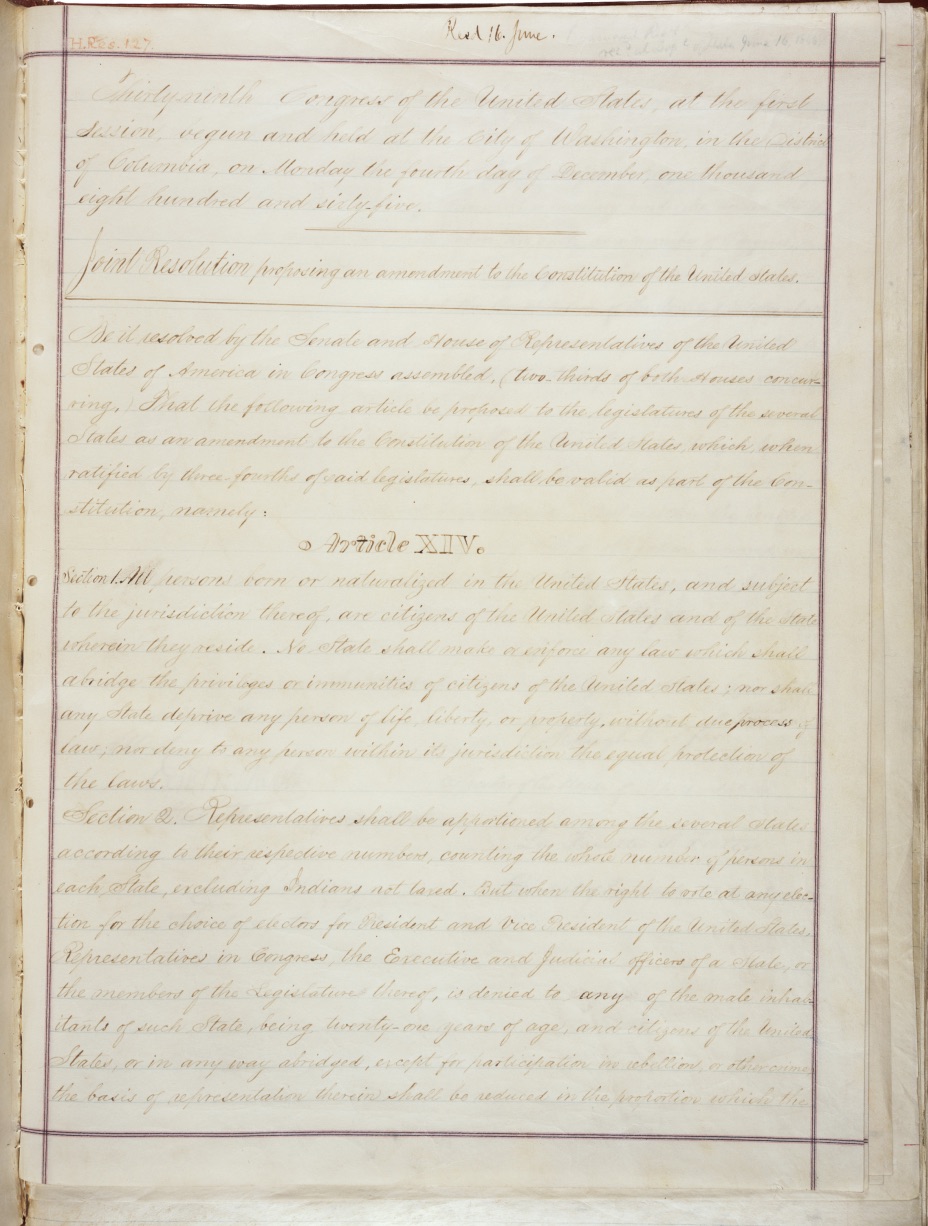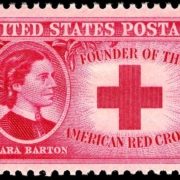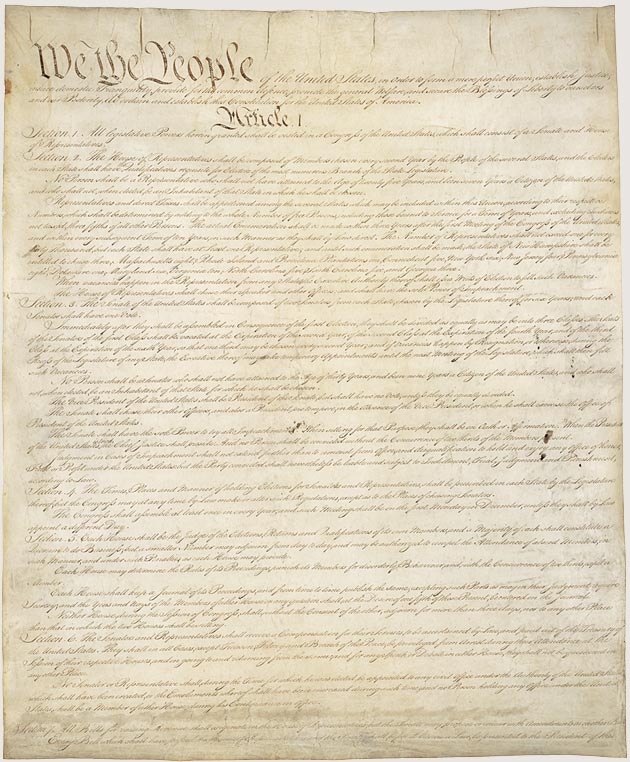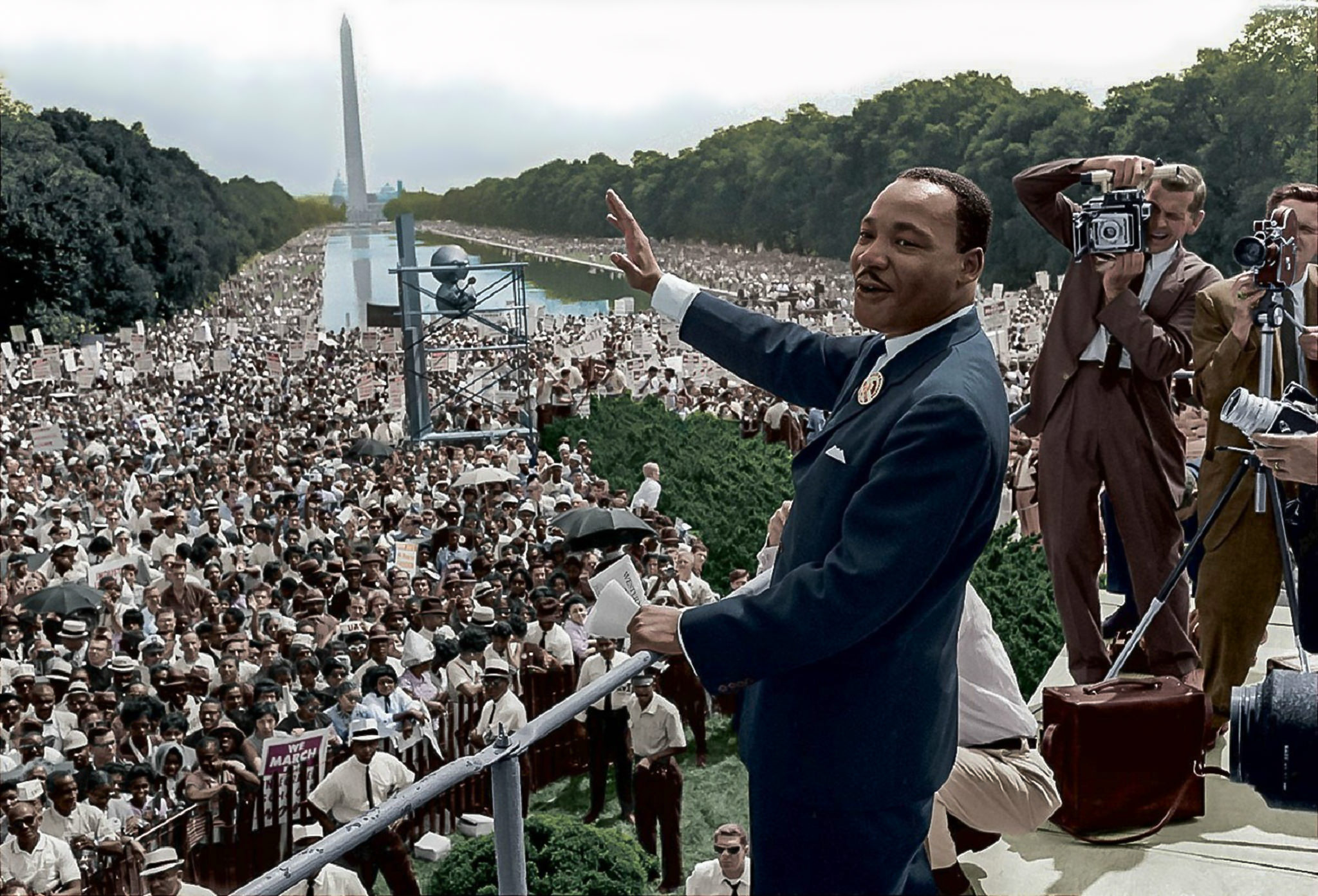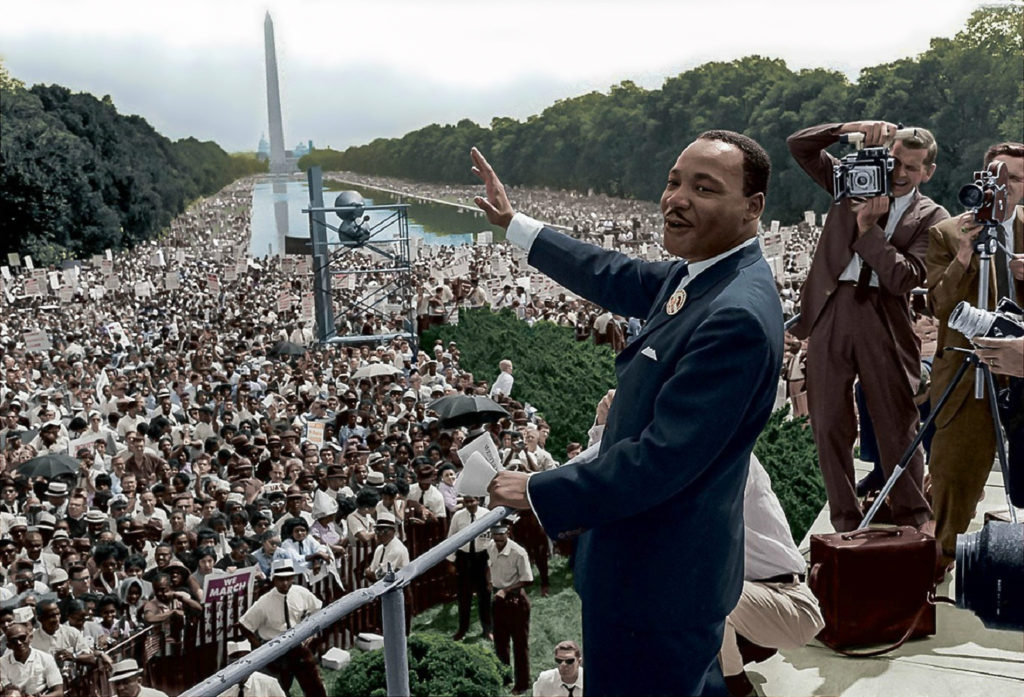On this day in, 1773, Poems on Various Subjects, Religious and Moral by Phillis Wheatley is published in London, England. The twenty-year-old prodigy’s collection was the first volume of poetry by an African-American to be published.

Angelic Train
First, one of those published poems was “On Being Brought From Africa to America.”
‘Twas mercy brought me from my Pagan land
Taught my benighted soul to understand
That there’s a God, that there’s a Savior too:
Once I redemption neither sought nor knew.
Some view our sable race with scornful eye,
“Their colour is a diabolic die.”
Remember, Christians, Negroes, black as Cain,
May be refin’d, and join th’ angelic train.
What follows is a letter and poem Phillis Wheatley wrote to “His Excellency General Washington” in 1775:
“SIR,
I Have taken the freedom to address your Excellency in the enclosed poem, and entreat
your acceptance, though I am not insensible of its inaccuracies. Your being appointed
by the Grand Continental Congress to be Generalissimo of the armies of North America,
together with the fame of your virtues, excite sensations not easy to suppress. Your
generosity, therefore, I presume, will pardon the attempt. Wishing your Excellency all
possible success in the great cause you are so generously engaged in, I am,
Your Excellency’s Most obedient humble servant,
PHILLIS WHEATLEY
PROVIDENCE, Oct. 26, 1775.
His Excellency General WASHINGTON
Celestial choir! enthron’d in realms of light,
Columbia’s scenes of glorious toils I write.
While freedom’s cause her anxious breast alarms,
She flashes dreadful in refulgent arms.
See mother earth her offspring’s fate bemoan,
And nations gaze at scenes before unknown!
See the bright beams of heaven’s revolving light
Involved in sorrows and the veil of night!
The goddess comes, she moves divinely fair,
Olive and laurel bind Her golden hair:
Wherever shines this native of the skies
Unnumber’d charms and recent graces rise.
Muse! bow propitious while my pen relates
How pour her armies through a thousand gates:
As when Eolus heaven’s fair face deforms,
Enwrapp’d in tempest and a night of storms;
Astonish’d ocean feels the wild uproar,
The refluent surges beat the sounding shore;
Or think as leaves in Autumn’s golden reign,
Such, and so many, moves the warrior’s train.
In bright array they seek the work of war,
Where high unfurl’d the ensign waves in air.
Shall I to Washington their praise recite?
Enough thou know’st them in the fields of fight.
Thee, first in peace and honors,—we demand
The grace and glory of thy martial band.
Fam’d for thy valour, for thy virtues more,
Hear every tongue thy guardian aid implore!
One century scarce perform’d its destined round,
When Gallic powers Columbia’s fury found;
And so may you, whoever dares disgrace
The land of freedom’s heaven-defended race!
Fix’d are the eyes of nations on the scales,
For in their hopes Columbia’s arm prevails.
Anon Britannia droops the pensive head,
While round increase the rising hills of dead.
Ah! cruel blindness to Columbia’s state!
Lament thy thirst of boundless power too late.
Proceed, great chief, with virtue on thy side,
Thy ev’ry action let the goddess guide.
A crown, a mansion, and a throne that shine,
With gold unfading, WASHINGTON! be thine.”
* * * *
Give the World
General Washington replied with this letter on February 28th 1776, reciprocating her “obedient humble servant” closing:
“Mrs Phillis,
Your favour of the 26th of October did not reach my hands ’till the middle of December. Time enough, you will say, to have given an answer ere this. Granted. But a variety of important occurrences, continually interposing to distract the mind and withdraw the attention, I hope will apologize for the delay, and plead my excuse for the seeming, but not real, neglect.
I thank you most sincerely for your polite notice of me, in the elegant Lines you enclosed; and however undeserving I may be of such encomium and panegyrick, the style and manner exhibit a striking proof of your great poetical Talents. In honour of which, and as a tribute justly due to you, I would have published the Poem, had I not been apprehensive, that, while I only meant to give the World this new instance of your genius, I might have incurred the imputation of Vanity. This, and nothing else, determined me not to give it place in the public Prints.
If you should ever come to Cambridge, or near Head Quarters, I shall be happy to see a person so favourd by the Muses, and to whom nature has been so liberal and beneficent in her dispensations. I am, with great Respect, Your obedt humble servant,
G. Washington”
Finally, below is a photo of the Phillis Wheatley statue at the Boston Women’s Memorial, which also includes statues of Abigail Adams and Lucy Stone.





